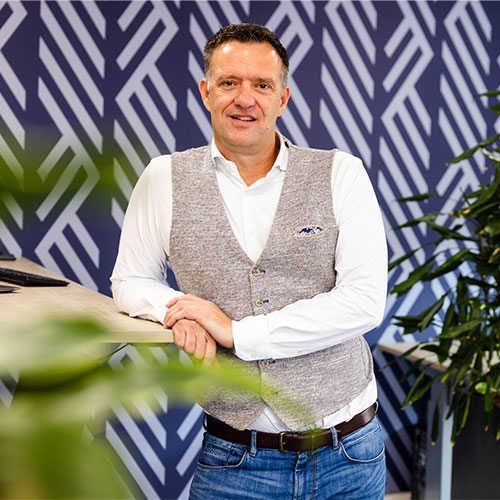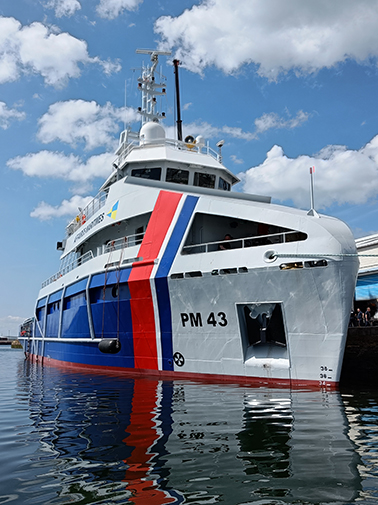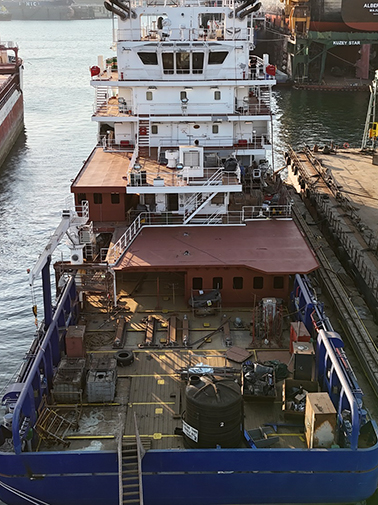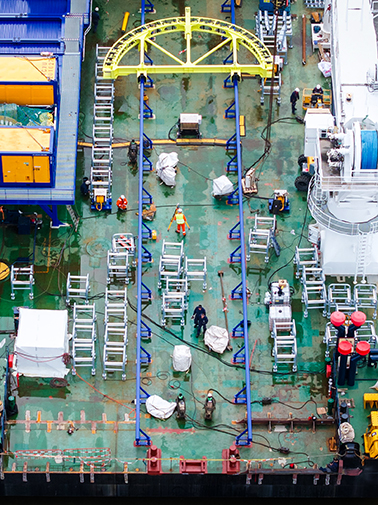Start the conversation

Our field of expertise
Conversion
In today’s dynamic maritime industry, adapting existing vessels to meet evolving operational demands is both a strategic and sustainable choice. Ship conversion offers a cost-effective alternative to new builds, enabling faster deployment and reduced capital expenditure. By repurposing and upgrading current assets, shipowners can extend vessel lifespans, enhance capabilities, and swiftly respond to market shifts- all while minimizing environmental impact.
Experienced partner in conversions
With extensive experience in complex conversion projects, Saltwater offers expert services that transform existing vessels to meet new operational demands. Our multidisciplinary team collaborates with clients to develop and implement conversion strategies that encompass structural modifications, system upgrades, and compliance with current maritime regulations.
Engaging closely with clients, Saltwater identifies the specific needs and goals for vessel conversion projects. Based on a deep understanding of each vessel’s unique characteristics and operational context, Saltwater develops concept designs that align with the intended purpose and performance expectations. These designs serve as the foundation for detailed engineering plans, ensuring that structural modifications, system integrations, and regulatory compliance are addressed.
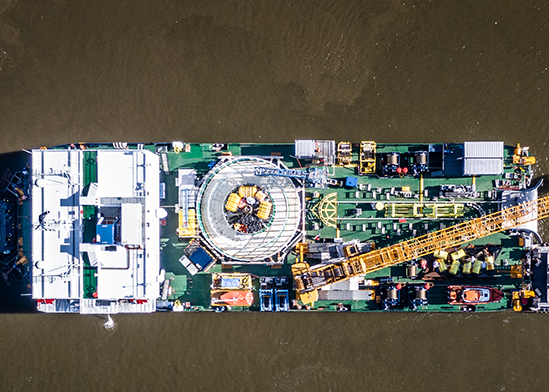
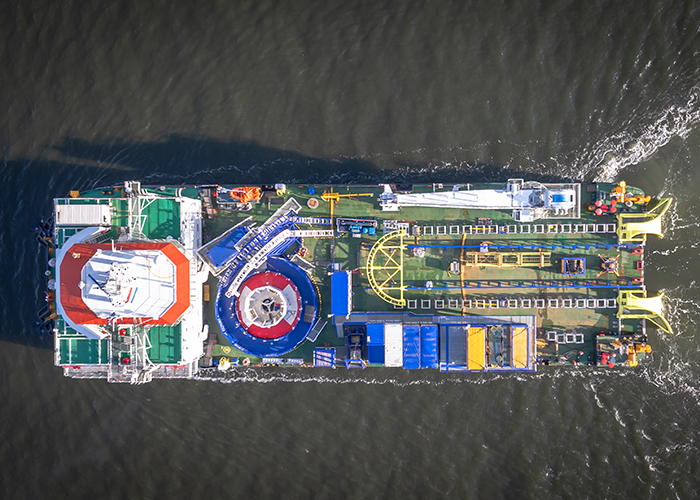
Your partner, every step of the way
At Saltwater, we understand that each ship conversion project is unique, presenting its own set of challenges and opportunities. Our tested and proven approach ensures that every phase, from initial exploration to final delivery, is handled with precision and expertise. The following section outlines the three essential phases of our process.
Stages in conversion
In the initial exploration phase, we engage with clients to understand their specific needs and operational goals. This stage involves conducting feasibility studies, providing expert advice, and evaluating potential vessel acquisitions. Our objective is to assess the technical and economic viability of the proposed conversion, ensuring a solid foundation for informed decision-making.
Building upon the insights gained during exploration, our engineering phase focuses on developing tailored design solutions. This includes creating concept designs, detailed engineering plans, and system integrations that align with the vessel’s intended function and performance criteria. Our multidisciplinary team ensures that all designs comply with current maritime regulations and industry standards.
The delivery phase encompasses the actual implementation of the conversion project. We oversee the construction process, coordinate with shipyards, and manage the integration of new systems and structures. Upon completion, we conduct thorough testing and provide comprehensive aftercare services to ensure the vessel meets all operational requirements and maintains optimal performance.
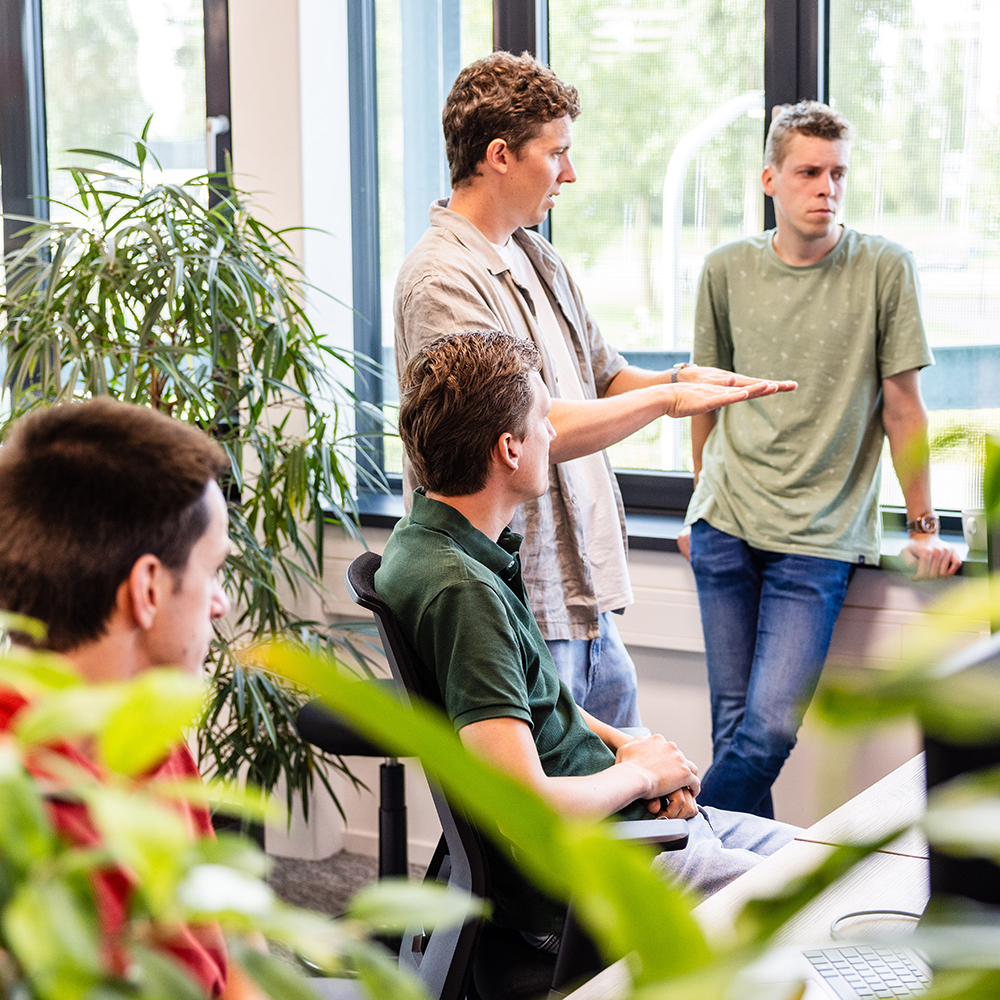


Recent conversions
Projects

Navigating towards a sustainable maritime industry
Sustainability is at the core of our conversion practices. By upgrading existing vessels, we significantly reduce the need for new materials and construction, thereby lowering the environmental footprint. Our approach includes integrating energy-efficient technologies, such as alternative fuel systems and advanced waste management solutions, to meet and exceed emerging environmental regulations. Through thoughtful design and engineering, Saltwater aims to contribute to a greener, more responsible maritime industry.
Beyond individual projects, Saltwater actively contributes to the broader maritime industry’s shift towards sustainability. By participating in collaborative research initiatives and staying abreast of emerging green technologies, we ensure that our conversion practices not only meet current environmental standards but also anticipate future regulations. This proactive approach enables us to offer clients forward-thinking solutions that enhance vessel performance while minimizing ecological impact.
